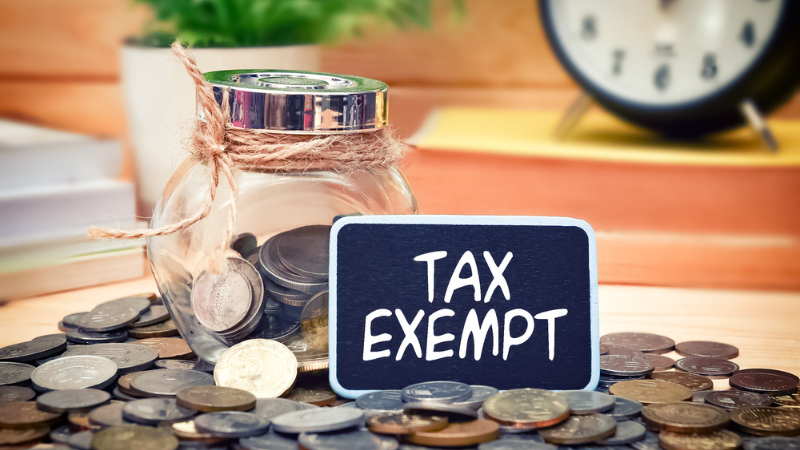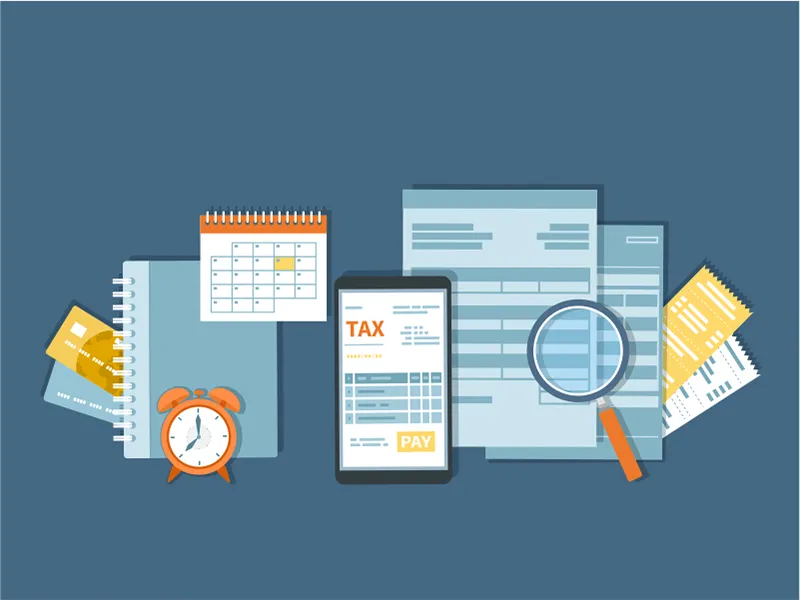
Business income is one of the four main heads of income under which income or the profits or gains arising from a business are taxed. There are many types of deductions and exemptions available for businesses and individuals under various sections of the Act that help in reducing their ultimate tax liability. Capital gains arising from the sale of any capital asset are also part of the income tax. However, most entrepreneurs think the sale of any business asset should be treated as business income or loss. This is, however, not always true.
Read More – Long-Term Capital Gains on Equity Shares
Section 50 of the Income Tax Act, 1961 provides details of the treatment of the capital gains or loss on any business asset.
What is Section 50 of the Income Tax Act 1961?
Section 50 is the unique section in the Income Tax Act that specifically mentions the treatment of capital gains or loss in case of transfer of capital assets. The capital assets referred to in this section are the business assets where depreciation has been charged. The section states that if the capital assets of the business are transferred from a block of assets (or if the entire block of assets are transferred), such transfer will be deemed to be in the nature of short-term gain or short-term loss. This is applicable irrespective of capital assets held whether for the short term or the long term.
It is also to be noted that if the entrepreneur or the company does not charge the depreciation on the capital assets, the transfer of such assets will still be deemed to be short-term capital gain or loss.
How does Section 50 affect capital gains?
To understand the provisions of section 50 of the Income Tax Act, 1961 correctly it is important to understand the key terms mentioned in the section. These include key terms like depreciable assets and block of assets.
Given below are the details of the same.
a. Depreciable assets
The term depreciable assets is a very wide term and inclusive in nature. It includes all the assets used in any business or by an individual like plant and machinery, office equipment, car, shop, furniture, etc. It is important to note that land is not a depreciable asset. Hence, the provisions of Section 50 are not applicable to the sale of land. When land is held for a period of more than 3 years or 36 months, any loss or gain on the sale of such land is treated as long-term capital gain or loss.
b. Block of assets
A block of assets for the purpose of section 50 is defined as per section 2(11) of the Act. It states that a group of assets are all the assets held by a person or a firm, company on which depreciation is charged at the same rate. The department is not concerned with the different types of assets or businesses owned or operated by a person or company. The important criterion to classify the assets under a single block is the rate at which depreciation is charged on them.
How to calculate capital gains under Section 50
The introduction of section 50 is with the intention to prevent the assesses from getting the double benefit of the tax provisions in the form of depreciation and the long-term capital gain. Hence, it has restricted this benefit by inserting section 50 as a special section deeming any gain or loss from the sale of depreciable assets as short-term gains. Section 50 on the sale of depreciable assets is invoked in any of the following conditions.
- When the business sells a few assets from the entire block of assets
- When the entire block of assets i.e. all assets in the block are sold and the block ceases to exist.
The calculation of short-term capital gain or loss for depreciable assets is calculated in the following manner.
| Particulars | Amount |
| Full value of Consideration | xxx |
| Less – Expenses related to transfer | xxx |
| Net Consideration | xxx |
| Less – Cost of Acquisition | xxx |
| Less – Cost of Improvement | xxx |
| Capital Gain / Loss | xxx |
Is exemption under section 54EC/ 54F available on depreciable assets?
Section 54EC and Section 54F of the Income Tax Act 1961 are the exemption sections that provide relief from capital gains taxation. These sections require the capital gains from long-term capital assets to be invested in the prescribed manner to avail of the exemption. There could be confusion relating to the validity of the exemption under sections 54EC and 54F on depreciable assets.
Section 50 states that the capital gains or losses arising from the sale of depreciable assets will be treated as short-term gains or losses only. However, this section does not restrict the treatment of depreciable assets as long-term assets. Also, section 50, section 54EC and section 54F are independent sections and do not have any overriding effect on each other.
Therefore, if capital gains from long-term business assets are reinvested in notified securities, they will be eligible for exemption under sections 54EC and 54F.
Conclusion
The Income Tax Act has many unique sections that alter the usual treatment of any expense or income for the purpose of better reporting or to curb the situation leading to a dual benefit and evading of tax payment. Section 50 is one such section that alters the treatment of the sale of long-term depreciable assets. However, it is important to note that this section only creates a fiction on the long-term capital gain/ loss treating them as a short-term capital gain or loss. The capital assets will continue to be classified as long-term or short-term based on their period of holding.
FAQs on Section 50 of Income Tax Act
No. The written down value (WDV) of a block of assets can be NIL but not negative
When the net sale consideration is less than the WDV of the block of assets and the WDV is not NIL, there is no capital gains on the transfer of assets, Therefore, the business can charge normal depreciation on the block
When the whole block of assets is sold there can be either short term capital gains or losses. If the Net sale consideration is more than the WDV of the block it results in short term capital gains. If the net sale consideration is less than the WDV of the block of assets, it results in short term capital loss. Since the block of assets no longer exists, no further depreciation is allowed on such a block of assets.
comes to NIL?
If after deducting the net sale consideration for a part of assets belonging to a block of assets, the WDV of such block becomes NIL, then no further depreciation can be charged to such block even if there are a few more assets in it.

























